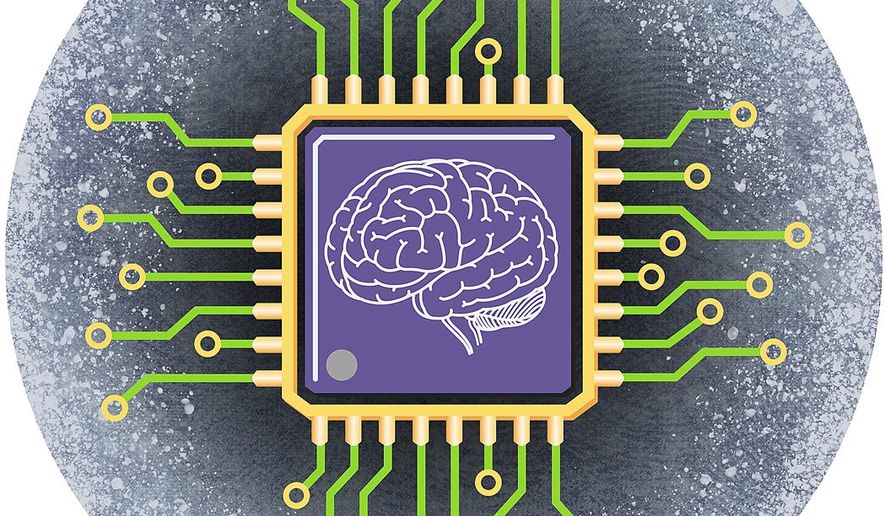OPINION:
NEW ORLEANS
A funny thing happened at a press conference with a group of internationally renowned scientists who were asked about the potential for artificial intelligence to become their world’s equivalent of playing God.
They couldn’t define “conscious.”
And this is important to note because the word “conscious” was chosen by the scientists themselves to prove that nobody in the AI field is playing God or making moves in that direction.
The head-scratching aspect?
If creating a conscious body or system is the standard by which “playing God” is judged — which were their words, their message — then wouldn’t it be prudent to know what constitutes being conscious?
One would think, anyway.
But here’s how the Q&A went down.
At a recent international conference on artificial intelligence in New Orleans — a conference where some of the best, most prestigious and scholarly minds in science, technology, research and academia the world has to offer presented papers and shared findings — this question was asked during the press conference segment: How do you respond to those who view AI creation with a level of suspicion and concern that it will open doors for scientists, researchers, engineers and so forth to play God?
Their response: It won’t.
OK — but please explain.
They spoke of AI myths versus realities. They spoke of the misguided movie industry driving misguided public perceptions of AI. They spoke of feasibilities versus fears. And then one said this: “Humans are intelligent and conscious. … There has been absolutely no progress on building any [AI] system that’s conscious.”
Well and good — but how is “conscious” defined?
They really couldn’t say.
And that’s a real problem.
Most dictionaries, after all, take only a couple of inches of space to define “conscious” as something along the lines of being “aware of one’s own existence, sensations, thoughts, surroundings.”
Simple, yes? Seemingly. But for the world of science, the definition of conscious is a major sticking point.
It’s all the more confusing when the layperson reads things like this, from the Massachusetts Institute of Technology’s Mind Machine Project, in the “Our Vision” section: “The high-level goal of the Mind Machine Project is to reconcile natural intelligence with machine intelligence, and in doing so develop and engineer a class of intelligent machines.”
Hmm. Would these be conscious machines as well?
Conscious, intelligent machines that are aware and able to respond to various scenarios thrown their way — a la human? A la conscious?
It’s all so confusing.
It’s all so unsettling.
It’s a situation that leads one to conclude that either AI is moving too fast and science is huffing and puffing from behind to catch up or science is only too happy to ride this fast-moving AI train and short-shift the very real questions from those with spiritual and religious concerns. Neither scenario soothes.
Does AI creation open the door for science to play God?
You decide. ’Cause it’s apparent the brightest and best minds in science, the ones who ought to know, haven’t a clue.
⦁ Cheryl Chumley can be reached at cchumley@washingtontimes.com or on Twitter, @ckchumley.




Please read our comment policy before commenting.